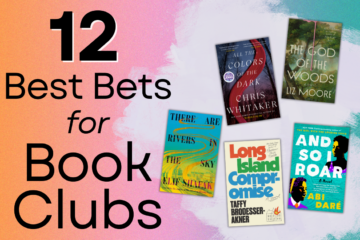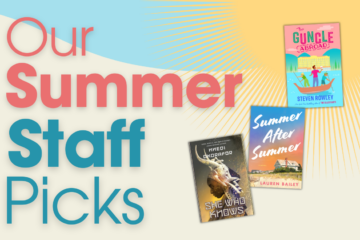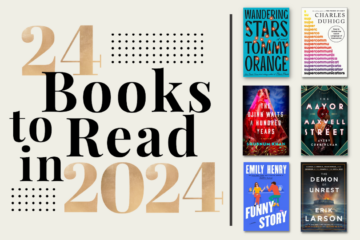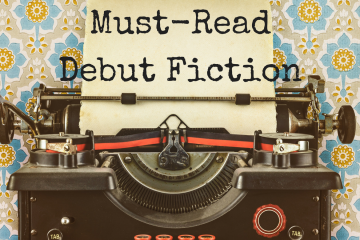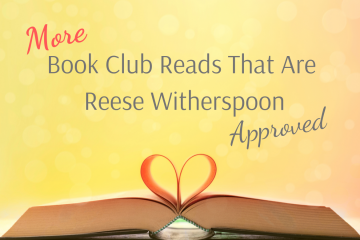First published in 1972, The Foxfire Book was a surprise bestseller that brought Appalachia’s philosophy of simple living to hundreds of thousands of readers. Whether you wanted to hunt game, bake the old-fashioned way, or learn the art of successful moonshining, The Foxfire Museum and Heritage Center had a contact who could teach you how with clear, step-by-step instructions. Today, Foxfire’s mission remains the same, and The Foxfire Book of Simple Living is both a rich look back at five decades of collected wisdom, as well as an intriguing look forward at the artists and craftsman who are working to preserve the Appalachian tradition for future generations. We hear from doll and soap makers who continue to use and adapt the time-tested methods outlined in The Foxfire Book, not to mention hunters, blacksmiths, musicians, and carpenters whose respect for those who preceded them enhances their own art. We see how the mountain community has responded to the films, books, and plays that have tried (and sometimes failed) to represent them. And, above all, by listening to the voices of those who came before, we celebrate the people who have preserved the stories, crafts, and customs that define life in the Appalachian mountain region.
 Trespassing Across America by Ken Ilgunas
Trespassing Across America by Ken Ilgunas
Told with sincerity, humor, and wit, Trespassing Across America is both a fascinating account of one man’s remarkable journey along the Keystone XL pipeline and a meditation on climate change, the beauty of the natural world, and the extremes to which we can push ourselves—both physically and mentally. It started as a far-fetched idea—to hike the entire length of the proposed route of the Keystone XL pipeline. But in the months that followed, it grew into something more for Ken Ilgunas. It became an irresistible adventure—an opportunity not only to draw attention to global warming but also to explore his personal limits. So in September 2012, he strapped on his backpack, stuck out his thumb on the interstate just north of Denver, and hitchhiked 1,500 miles to the Alberta tar sands. Once there, he turned around and began his 1,700-mile trek to the XL’s endpoint on the Gulf Coast of Texas, a journey he would complete entirely on foot, walking almost exclusively across private property.
Both a travel memoir and a reflection on climate change, Trespassing Across America is filled with colorful characters, harrowing physical trials, and strange encounters with the weather, terrain, and animals of America’s plains.
 Water Wars by Vandana Shiva
Water Wars by Vandana Shiva
Acclaimed author and award-winning scientist and activist Vandana Shiva lucidly details the severity of the global water shortage, calling the water crisis “the most pervasive, most severe, and most invisible dimension of the ecological devastation of the earth.” She sheds light on the activists who are fighting corporate maneuvers to convert the life-sustaining resource of water into more gold for the elites and uses her knowledge of science and society to outline the emergence of corporate culture and the historical erosion of communal water rights. Using the international water trade and industrial activities such as damming, mining, and aquafarming as her lens, Shiva exposes the destruction of the earth and the disenfranchisement of the world’s poor as they are stripped of rights to a precious common good. Revealing how many of the most important conflicts of our time, most often camouflaged as ethnic wars or religious wars, are in fact conflicts over scarce but vital natural resources, she calls for a movement to preserve water access for all and offers a blueprint for global resistance based on examples of successful campaigns.
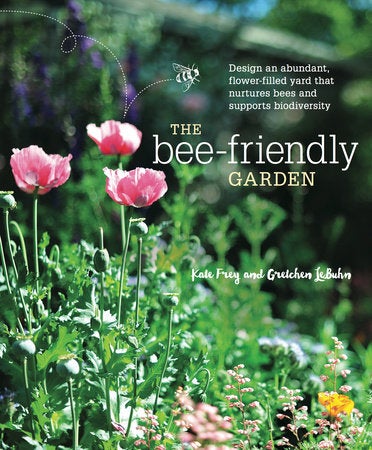 The Bee-Friendly Garden by Kate Frey and Gretchen Lebuhn
The Bee-Friendly Garden by Kate Frey and Gretchen Lebuhn
For every gardener who cares about the planet, this guide to designing a bee garden helps you create a stunningly colorful, vibrant, healthy habitat that attracts both honeybees and native bees.
In The Bee-Friendly Garden, award-winning garden designer Kate Frey and bee expert Gretchen LeBuhn provide everything you need to know to create a dazzling garden that helps both the threatened honeybee and our own native bees. No matter how small or large your space, and regardless of whether you live in the city, suburbs, or country, just a few simple changes to your garden can fight the effects of colony collapse disorder and the worldwide decline in bee population that threatens our global food chain.
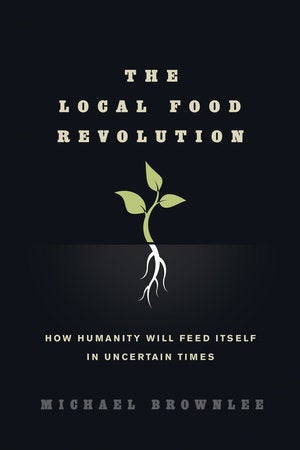 The Local Food Revolution by Michael Brownlee
The Local Food Revolution by Michael Brownlee
Demonstrating that humanity faces an imminent and prolonged global food crisis, Michael Brownlee issues a clarion call and manifesto for a revolutionary movement to localize the global food supply. He lays out a practical guide for those who hope to navigate the challenging process of shaping the local or regional food system, providing a roadmap for embarking on the process of righting the profoundly unsustainable and already-failing global industrialized food system. Written to inform, inspire, and empower anyone—farmers or ranchers, community gardeners, aspiring food entrepreneurs, supply chain venturers, commercial food buyers, restaurateurs, investors, community food activists, non-profit agencies, policy makers, or local government leaders—who hopes to be a catalyst for change, this book provides a blueprint for economic action, with specific suggestions that make the process more conscious and deliberate.
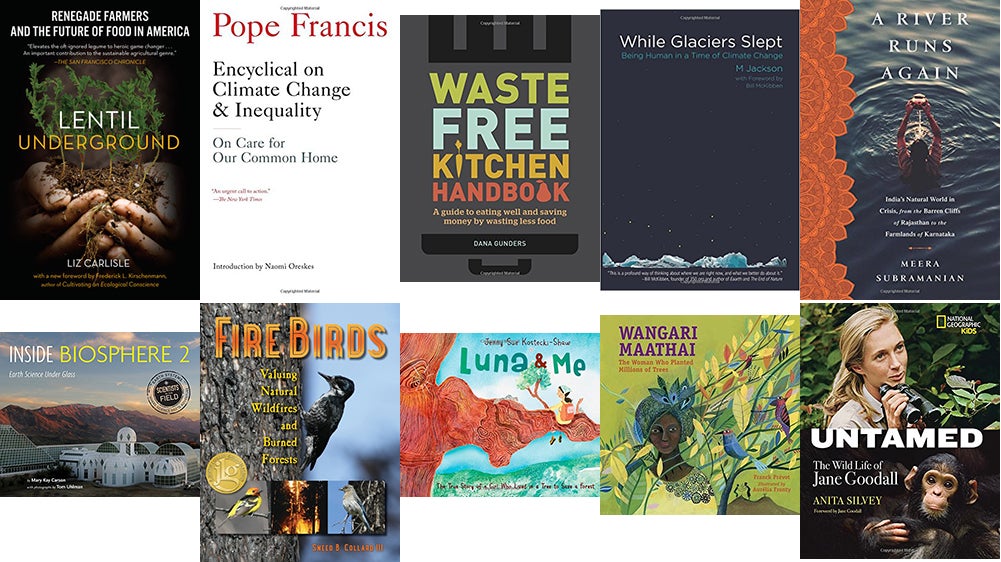
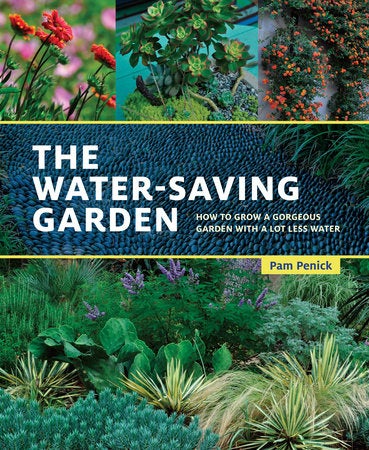 The Water-Saving Garden by Pam Penick
The Water-Saving Garden by Pam Penick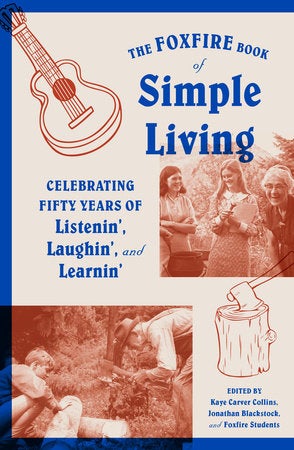 The Foxfire Book of Simple Living by Foxfire Fund, Inc.
The Foxfire Book of Simple Living by Foxfire Fund, Inc.

